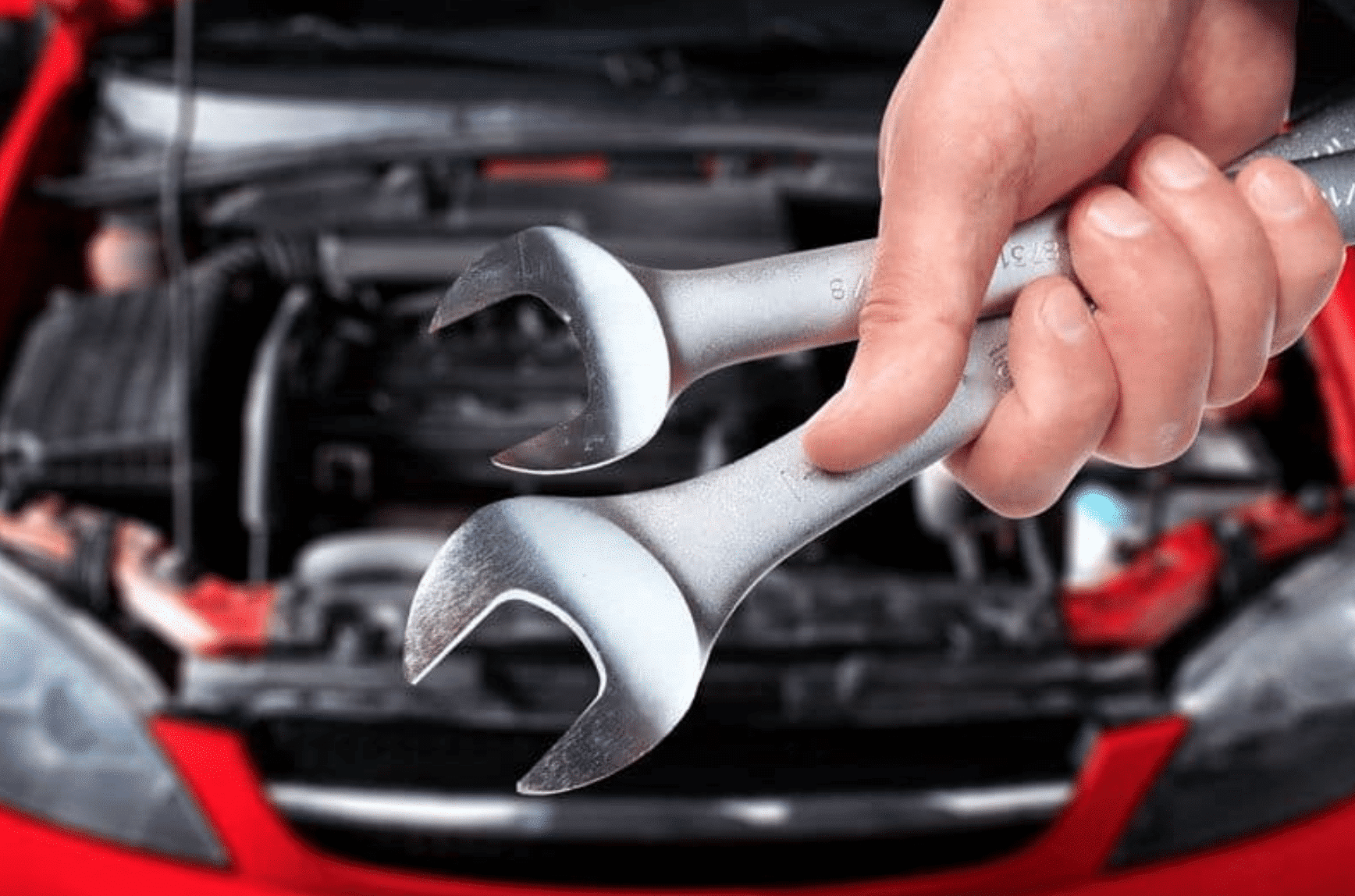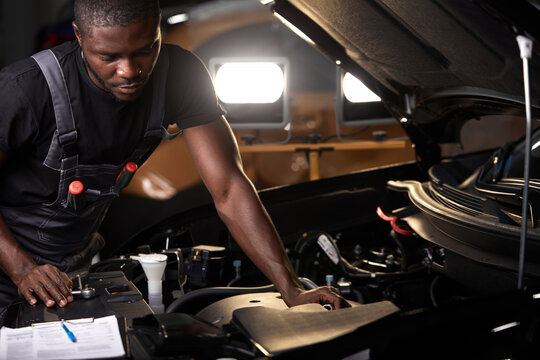All Categories
Featured
Engine repairs are often one of one of the most expensive repair services you may come across as a car owner. The price of fixing or replacing components of your engine can vary commonly, and numerous elements play a role in establishing the final rate. Understanding these aspects can help you make educated decisions and possibly minimize repair service prices. Below's a better look at what influences the price of engine fixings.
For instance, a basic oil change or ignition system substitute may only cost you a couple of hundred dollars, while an engine reconstruct or replacement might cost numerous thousand bucks. The level of the issue and the parts that need to be replaced are crucial elements in calculating the last costs.
![]()
In addition, the amount of labor needed depends on the kind of engine trouble. A fixing calling for complete engine disassembly will take much more time than changing an easy part, and this extra time is reflected in the labor expense.
![]()
Furthermore, the make and version of your vehicle can influence the expense of engine repairs. Deluxe or foreign cars often need extra pricey parts that might be more challenging to discover, driving up the total repair work cost. Common domestic cars have a tendency to have quicker available parts and may be cheaper to repair.
Older cars might also have problem sourcing components, specifically if the vehicle is terminated or uncommon. In such cases, you may need to use refurbished or made use of parts, which can in some cases lower prices but may come with extra risks pertaining to high quality and reliability.
On the various other hand, vehicles from more usual brands like Ford, Toyota, or Honda often tend to have lower fixing costs since their parts are more commonly available, and several mechanics recognize with them. Repair stores often have the necessary devices for these lorries, which helps minimize labor time and prices.
![]()
Verdict. Engine fixing costs can be significant, but comprehending the variables that impact these prices can help you make far better choices when it comes time for repairs. The intensity of the damage, the kind of parts utilized, labor prices, the make and design of your vehicle, and the analysis fees are all crucial factors that add to the overall repair cost.
- The Extent of the Damage. The extent of the engine issue is possibly one of the most considerable consider establishing the expense of repair services. Small engine troubles, such as damaged spark plugs, harmed belts, or a malfunctioning sensor, are generally less expensive to deal with since they do not need dismantling the engine. In comparison, much more significant issues like a split cylinder head, blown gasket, or a damaged crankshaft can be extremely expensive as a result of the complexity and substantial labor involved.
For instance, a basic oil change or ignition system substitute may only cost you a couple of hundred dollars, while an engine reconstruct or replacement might cost numerous thousand bucks. The level of the issue and the parts that need to be replaced are crucial elements in calculating the last costs.

- Labor Costs. Labor is among the primary expenses connected with engine repair service. This is specifically real for intricate repair work, as repairing engine issues commonly requires hours and even days of work. Labor expenses can differ depending on where you live, as repair work shops in metropolitan locations normally charge extra per hour than those in backwoods. Typically, labor prices can vary from $80 to $150 per hour, with even more knowledgeable or customized technicians billing greater rates.
In addition, the amount of labor needed depends on the kind of engine trouble. A fixing calling for complete engine disassembly will take much more time than changing an easy part, and this extra time is reflected in the labor expense.
- Components and Materials. The price of substitute parts can also differ considerably, specifically if you're using initial devices maker (OEM) parts or high-performance elements. OEM components are normally a lot more costly than aftermarket components, however they are typically suggested to make certain the long life and proper function of the engine. Aftermarket parts are normally less pricey and can provide a much more inexpensive option, but they might not always fulfill the same quality criteria as OEM parts.

Furthermore, the make and version of your vehicle can influence the expense of engine repairs. Deluxe or foreign cars often need extra pricey parts that might be more challenging to discover, driving up the total repair work cost. Common domestic cars have a tendency to have quicker available parts and may be cheaper to repair.
- Age and Mileage of the Automobile. The age of your lorry plays a substantial role in identifying the price of engine repair service. Older cars with high gas mileage have a tendency to have more deterioration on the engine components, which indicates that fixings may be a lot more pricey and considerable. Over time, engine parts use down and are a lot more most likely to stop working, bring about even more frequent repairs.
Older cars might also have problem sourcing components, specifically if the vehicle is terminated or uncommon. In such cases, you may need to use refurbished or made use of parts, which can in some cases lower prices but may come with extra risks pertaining to high quality and reliability.
- Automobile Make and Design. The certain make and version of your lorry will heavily influence the expense of engine fixings. For example, high-end brands like BMW, Mercedes-Benz, and Audi usually have greater repair costs since their parts are a lot more costly, and specialized knowledge is called for to work with them. In addition, these brand names might require details tools or analysis tools, which can include in the overall price.
On the various other hand, vehicles from more usual brands like Ford, Toyota, or Honda often tend to have lower fixing costs since their parts are more commonly available, and several mechanics recognize with them. Repair stores often have the necessary devices for these lorries, which helps minimize labor time and prices.

- Diagnostic Charges. Before executing any kind of fixings, the auto mechanic will usually carry out an analysis examination to determine the source of the issue. This examination may entail scanning the automobile's onboard computer system or executing various checks to examine engine efficiency. Diagnostic costs usually vary from $50 to $150, relying on the intricacy of the examinations. Some service center may provide a discount or waive this cost if you choose to wage the advised repairs, while others might bill it separately.
- Location of the Service Center. Where you take your vehicle for fixings can additionally affect the cost. In comparison, repair shops located in smaller sized towns or less populated areas may offer extra affordable rates.
Verdict. Engine fixing costs can be significant, but comprehending the variables that impact these prices can help you make far better choices when it comes time for repairs. The intensity of the damage, the kind of parts utilized, labor prices, the make and design of your vehicle, and the analysis fees are all crucial factors that add to the overall repair cost.
Latest Posts
Improve Your Residential Or Commercial Property with Overhead Door Equipment
Published May 21, 25
1 min read
Unlock WyHy FCU – Essential Perks for Your Financial Success
Published May 20, 25
1 min read
Find Expert Vision Care in the Panama City Area at the Eye Center South
Published May 19, 25
1 min read
More
Latest Posts
Improve Your Residential Or Commercial Property with Overhead Door Equipment
Published May 21, 25
1 min read
Unlock WyHy FCU – Essential Perks for Your Financial Success
Published May 20, 25
1 min read
Find Expert Vision Care in the Panama City Area at the Eye Center South
Published May 19, 25
1 min read